Directory
- Share
Anastasiia Kamenska
- Alumni
- Ukraine
- 2010 PhD Biochemistry
- Wolfson College
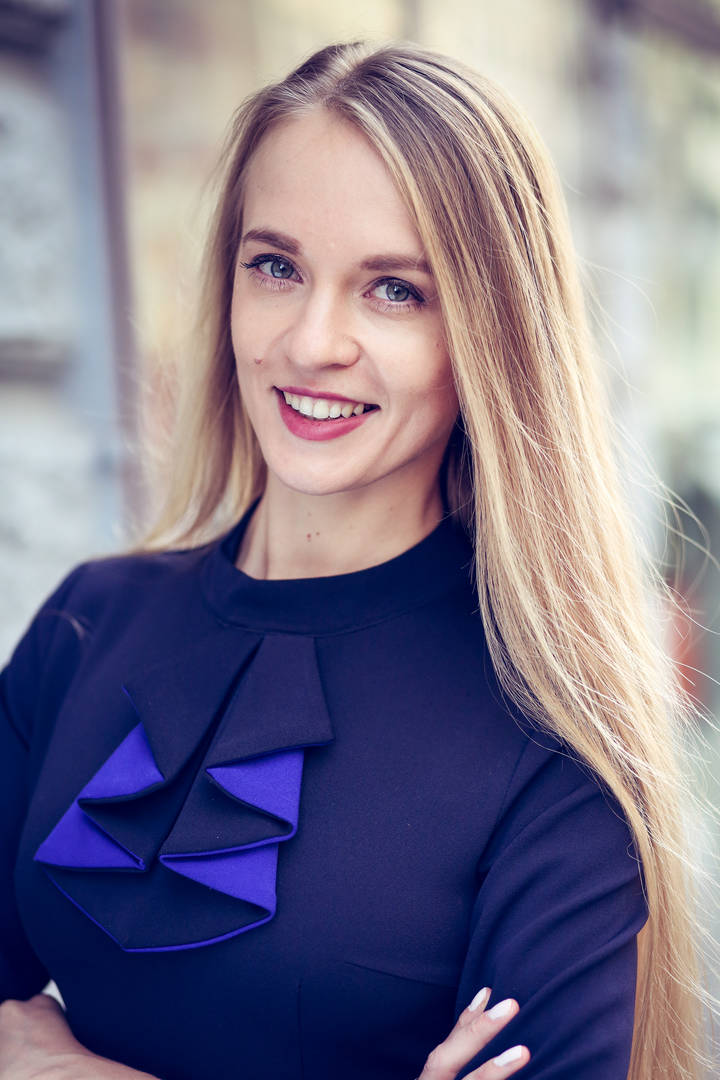
Anastasiia Kamenska
- Alumni
- Ukraine
- 2010 PhD Biochemistry
- Wolfson College
I got a lifetime opportunity to work towards a PhD degree in Biochemistry, the field that inspires me the most. I strongly believe that our better understanding of the mechanisms that regulate translation of proteins in cells can have a tremendous number of implications. I hope that the unique expirience Cambridge Department of Biochemistry provides will help me to develop as a cutting-edge scientist. I am excited to become a part of a powerful Gates Scholars network and want to commit and gain the most of it.
Yashita Kandhari
- Scholar
- India
- 2025 MPhil Ethics of AI, Data and Algorithms
- Hughes Hall
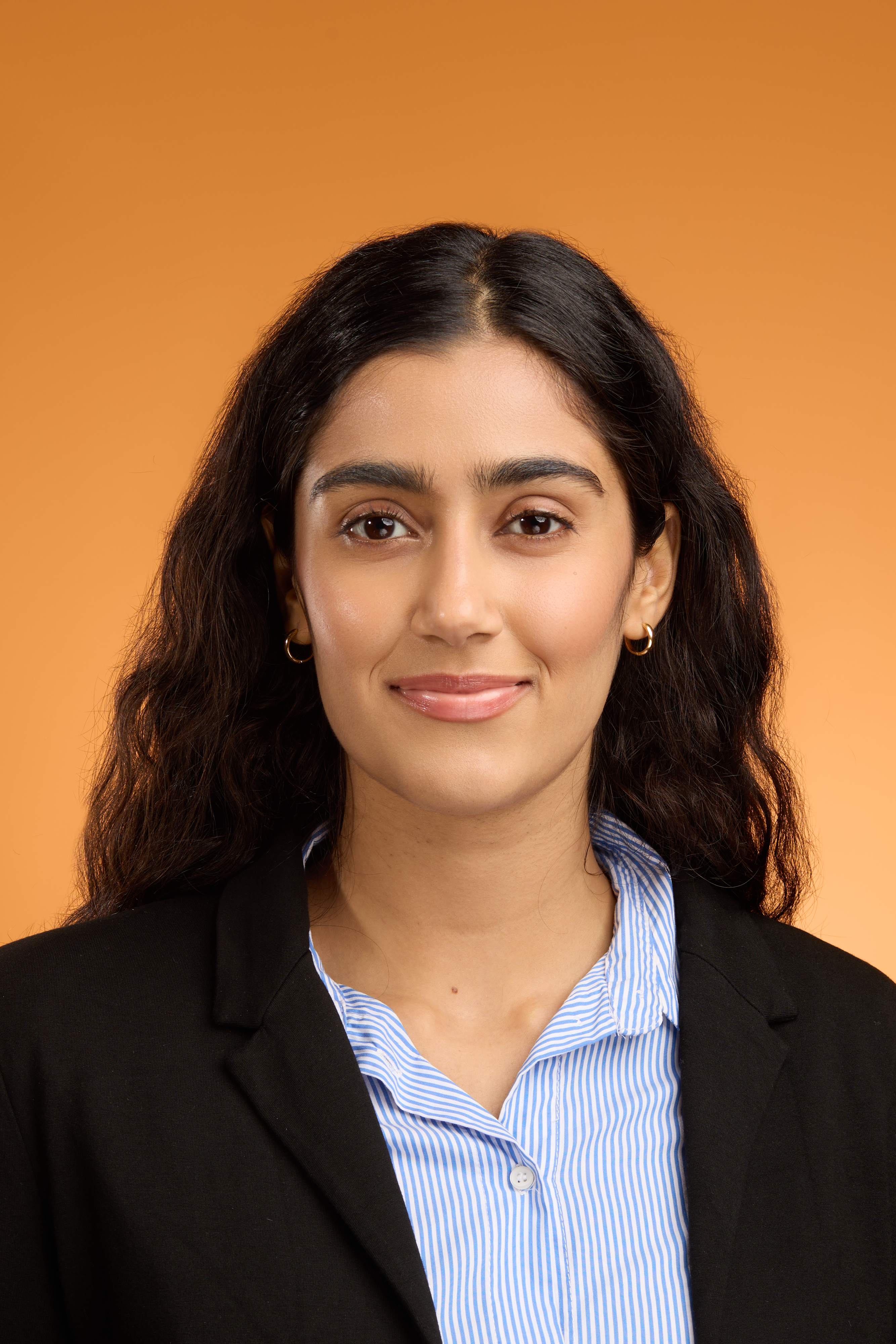
Yashita Kandhari
- Scholar
- India
- 2025 MPhil Ethics of AI, Data and Algorithms
- Hughes Hall
My interest in sociotechnical research first emerged as an undergraduate sociology major at Davidson College. This led me to my role at Point of View, a Mumbai based nonprofit, where I worked to build knowledge on the digital experiences of women and gender diverse people in India, and advocate for digital rights and freedoms. Through my work and research, I have a firsthand understanding of how technological infrastructures exacerbate unequal power hierarchies, and I am committed to creating change. To that end, I am pursuing an MPhil in Ethics of AI, Data, and Algorithms at Cambridge. I will explore how AI can be used to benefit the Global Majority, and what alternative, feminist imaginaries of AI systems can look like. I am deeply honoured and grateful to be a part of the Gates Cambridge community, and look forward to building a better world together.
Previous Education
Davidson College Sociology
Jonathan Kanen
- Alumni
- United States
- 2015 PhD Psychology
- King's College
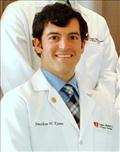
Jonathan Kanen
- Alumni
- United States
- 2015 PhD Psychology
- King's College
My curiosity about how people think and behave evolved into a desire to study the brain, which I explored as an undergraduate at Vassar College. Fascinated by the prospect of beginning to understand the neural basis of psychiatric disorders, I explored the field after graduation in the lab of Elizabeth Phelps at New York University. I obtained a compelling sense of how animal studies can be translated into human neuroscience to uncover the roots of mental illness, and became inspired to pursue a career as a psychiatrist and researcher. I have completed a substantial portion of my MD degree at Cooper Medical School of Rowan University, which I will finish after Cambridge, before pursuing specialization in psychiatry. During my PhD I will integrate pharmacological and neuroimaging methods to examine the influence of the neurochemical serotonin on emotional and behavioral flexibility. Serotonergic drugs are among the most common medications I will prescribe yet the precise role of serotonin in mental illness and its remediation is not completely understood. Complementing my MD training with PhD training at Cambridge will optimize my ability to increase communication between neuroscientists and psychiatrists. The Gates Cambridge Scholarship will make me a more impactful physician – helping patients beyond those who enter my office – by advancing our understanding of mental illness, and working to counter a formidable disease burden costly to individual sufferers and to society.
Previous Education
Vassar College
Cooper Medical School of Rowan University
Ryan (Joonsuk) Kang
- Scholar
- Korea, Republic of, United States
- 2022 PhD Chemistry
- Trinity College
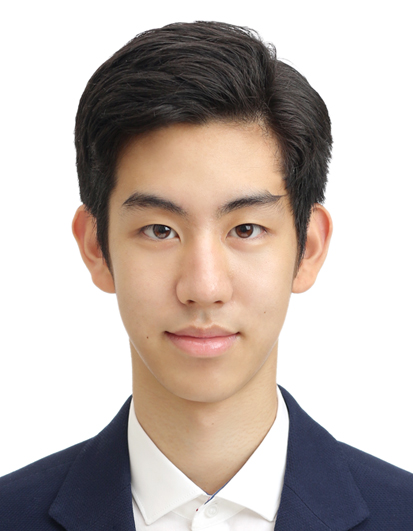
Ryan (Joonsuk) Kang
- Scholar
- Korea, Republic of, United States
- 2022 PhD Chemistry
- Trinity College
I was born in the United States but moved back to South Korea after a few years, before finally coming to the UK. I am currently in my last year of my Natural Sciences at Cambridge degree specialising in Chemistry.Growing up, I was fascinated by the insects and birds I would see whilst hiking in the mountains in and around Seoul. Throughout my school life, this wonder and curiosity I had for the natural world evolved from the macroscopic to the microscopic – the fundamental chemical reactions that drives everything. Pursing my interests in chemistry led to my involvement in the Chemistry Olympiads, where I represented the UK in the International Chemistry Olympiad for two years. During this time, I began to appreciate the importance of organic synthesis, especially in the development and production of pharmaceuticals. For my PhD, I will be investigating new reactions and new reactivities in the context of biological systems. By explicitly targeting biomolecules, the aim is to not only discover and optimise relevant reactions but also expedite the process of new chemistry being used in therapeutic applications to improve and save lives.
Previous Education
University of Cambridge Chemistry 2022
Ty Kannegieter
- Scholar
- United States
- 2024 PhD Biological Science (MRC Toxicology Unit)
- Darwin College
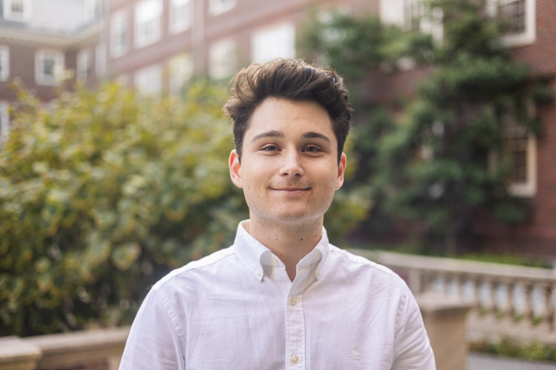
Ty Kannegieter
- Scholar
- United States
- 2024 PhD Biological Science (MRC Toxicology Unit)
- Darwin College
Originally from the sprawling metropolis of Daphne, Alabama, I studied biology at Harvard University. There, I worked in a structural virology laboratory, rationally designing immunogens for ssRNA viruses (primarily SARS-CoV-2, dengue, and influenza). In my PhD, I hope to leverage translational immunology to combat one of the most under-recognized public health threats in the world: agro-industrial chemical pollutants.In my graduate studies, I aim to develop active and passive immunotherapies targeting these persistent organic pollutants. Initially, I will investigate this question in the context of the acute toxicities of pesticides, a major health concern in rural areas. However, I hope to demonstrate that these methodologies are applicable to broad ranges of acutely and chronically toxic pollutants, ranging from agricultural chemicals to ubiquitous flame retardants, plasticizers, and surfactants which impose tremendous burdens on global health.Beyond the lab, I love to play music, write, and get outside as much as cell cultures will allow. I am exceptionally excited to grow while at Cambridge as a researcher, individual, and member of our global academic community!
Previous Education
Harvard University Biology
Deusdedit Kansiime
- Scholar
- Uganda
- 2022 PhD English
- Sidney Sussex College

Deusdedit Kansiime
- Scholar
- Uganda
- 2022 PhD English
- Sidney Sussex College
During my undergraduate and graduate studies at Makerere University in Uganda, I was fascinated by the gap between the literature we were taught and the literary texts that had currency on the Ugandan cultural scene. These texts were produced by an emerging generation of writers whom my university professors knew so little about and had so little interest in, yet these writers and their writing fraternities constituted the most vibrant literary ecosystem that resonated with contemporary publics. These were the writers dominating shortlists of literary prizes in the region. They associated themselves with non-academic, non-commercial literary organisations – LINGOs. I intend to use my PhD to explore the underbelly of this network of literary value in Africa by examining the institutional logic of these literary organisations in light of their posture as expressions of literary activism. By theorising literary activism in a LINGO framework, my PhD project shall help inform publishers, literary award organisations, writers and academics about the emerging literary enterprise in Africa. It will also help demonstrate how the LINGO framework is essential in reconfiguring cultural discourses and creating new spaces for free expression.
Previous Education
Makerere University Literature 2021
Makerere University Education - English Major 2016
Anjali Kantharuban
- Alumni
- United States
- 2022 MPhil Theoretical and Applied Linguistics
- Churchill College
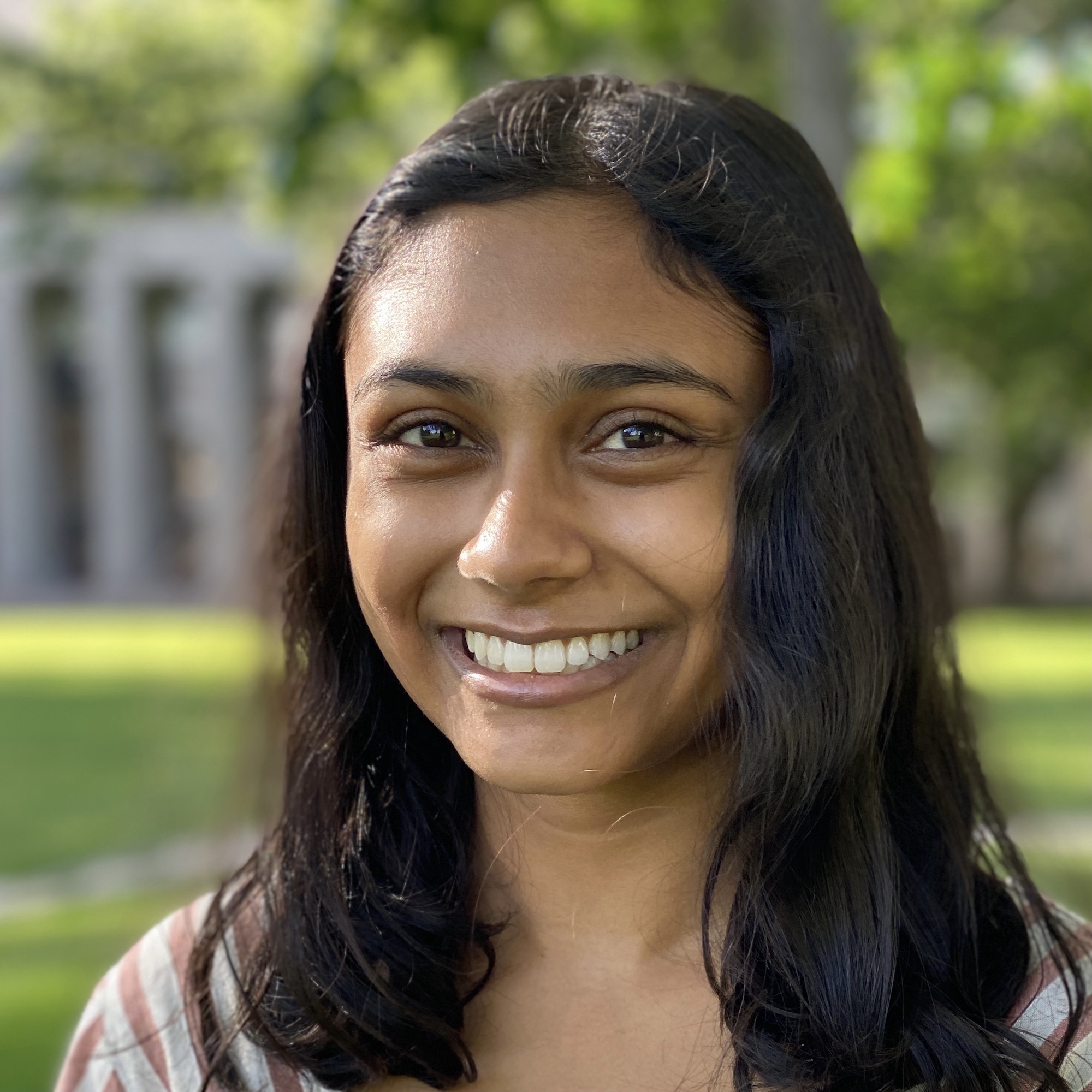
Anjali Kantharuban
- Alumni
- United States
- 2022 MPhil Theoretical and Applied Linguistics
- Churchill College
I grew up as a first-generation immigrant in California before attending the University of California, Berkeley to study Computer Science and Linguistics. As a non-standard dialect speaker, I have seen first-hand how globalized communication has intensified pressures to convert to specific languages in exchange for economic reward. While getting my bachelors, I was exposed to natural language processing and its capacity to make information and tools more broadly accessible by allowing interactions with technology to take place in human languages. At the same time, I noticed that the field still primarily focuses on a small set of languages. My goal is to make natural language processing equally functional for all languages, in all their variations, to prevent a further loss of linguistic and cultural diversity. Specifically, I want to create natural language interfaces for computational systems so minority language speakers can use them without altering their method of communication.
Previous Education
University of California, Berkeley Computer Science, Linguistics 2022
Vijay Kanuru
- Alumni
- India
- 2006 PhD Chemistry
- Fitzwilliam College

Vijay Kanuru
- Alumni
- India
- 2006 PhD Chemistry
- Fitzwilliam College
Dr Vijay Kanuru is a leading nanomedicine inventor and a prolific bio-nanotech innovator turned entrepreneur, who is on a mission to conquer lethality of cancers with advanced bio-nanotechnologies and artificial intelligence. A Digital Oncology Researcher working at the converging intersections of machine learning, clinical oncology, and translational nanomedicine, with a goal to tame cancer lethality into a clinically manageable disease. Currently building AI-driven Onco Therapeutic Index OTI platforms to help clinicians manage advanced and metastatic cancers by predicting not only right drug targets pertinent to tumor gene mutations but also dose risk profiling in order to reduce toxicity. Over a decade in translational nanomedicine, molecular oncology and drug repurposing of small molecules, has made a difference to several thousand patients.
Previous Education
Harvard Medical School CME Immuno Oncology Nano Medicine
University of Cambridge PhD in Molecular Nanosciences
Stanford Medical School CME Cancer Survivorship Management
Links
http://www.drvijaykanuru.in
https://www.linkedin.com/in/dr-vijay-kanuru-883aa735
Martin Kaonga
- Alumni
- Zambia
- 2001 PhD Geography
- Fitzwilliam College
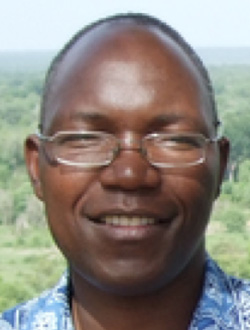
Martin Kaonga
- Alumni
- Zambia
- 2001 PhD Geography
- Fitzwilliam College
Dr Martin Kaonga is the Director of Science and Conservation in Cambridge, UK. At A Rocha, he heads projects on international conservation policy. He received a PhD in Environmental Science from the University of Cambridge, and has worked at the University of Zambia and Natural Resources Development College, Lusaka.
Siddhartha Kar
- Alumni
- India
- 2012 PhD Public Health and Primary Care
- Hughes Hall

Siddhartha Kar
- Alumni
- India
- 2012 PhD Public Health and Primary Care
- Hughes Hall
I studied medicine at the Byramjee Jeejeebhoy Government Medical College and trained as a doctor at the Sassoon General Hospitals in Pune, India. I hold an MPH degree in epidemiology from the University of Texas at Houston in the US, where I pursued graduate research training in genomics at the MD Anderson Cancer Center. I received a PhD in genetic epidemiology from the University of Cambridge in the UK in 2017, as a Gates Cambridge Scholar and as the first Homerton College Junior Research Fellow in Clinical Medicine. I was subsequently awarded a Future Leaders Fellowship by UK Research and Innovation in 2020, enabling me to establish a research group at the University of Bristol that uses inherited genetic variation to investigate the causes and correlates of tumour genomic features with the aim of informing the prevention, diagnosis, and treatment of common cancers.
Erin Kara
- Alumni
- United States
- 2011 MPhil Physics (Astronomy)
2012 PhD Physics (Astronomy) - St John's College
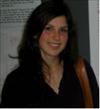
Erin Kara
- Alumni
- United States
- 2011 MPhil Physics (Astronomy)
2012 PhD Physics (Astronomy) - St John's College
After graduating from Barnard College in May 2011, I moved from New York City to Cambridge to start my MPhil degree in Astrophysics. My time here has been wonderful, and I am so glad for the opportunity to stay on for the PhD. I work at the Institute of Astronomy, under the advisement of Andy Fabian. Specifically, I am looking at observations of X-ray variability in accreting black holes systems, in order to understand more about the geometry and dynamics of these extreme environments. In addition to my research, I have enjoyed getting involved in astronomy outreach events at my department, and am continually impressed and inspired by the curious Cambridge public. Apart from astronomy, I am completely smitten with the Cambridge music scene, and have also taken up badminton. I look forward to my next three years in Cambridge.
Faye Karababa
- Alumni
- Greece
- 2002 MPhil Engineering
- Churchill College
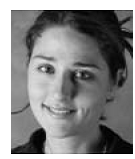
Faye Karababa
- Alumni
- Greece
- 2002 MPhil Engineering
- Churchill College
The knowledge in the fields of engineering, economics and management I will acquire while at Cambridge, I aim to apply in forming environmental policies that will ensure a sustainable future for the coming generations. Working both in the developing and developed world I aim to obtain as diverse a work experience and as broad a cultural background, becoming thus a leading figure in my vocation.
Cansu Karabiyik
- Alumni
- Denmark
- 2016 PhD Medical Science @ CIMR
- Pembroke College
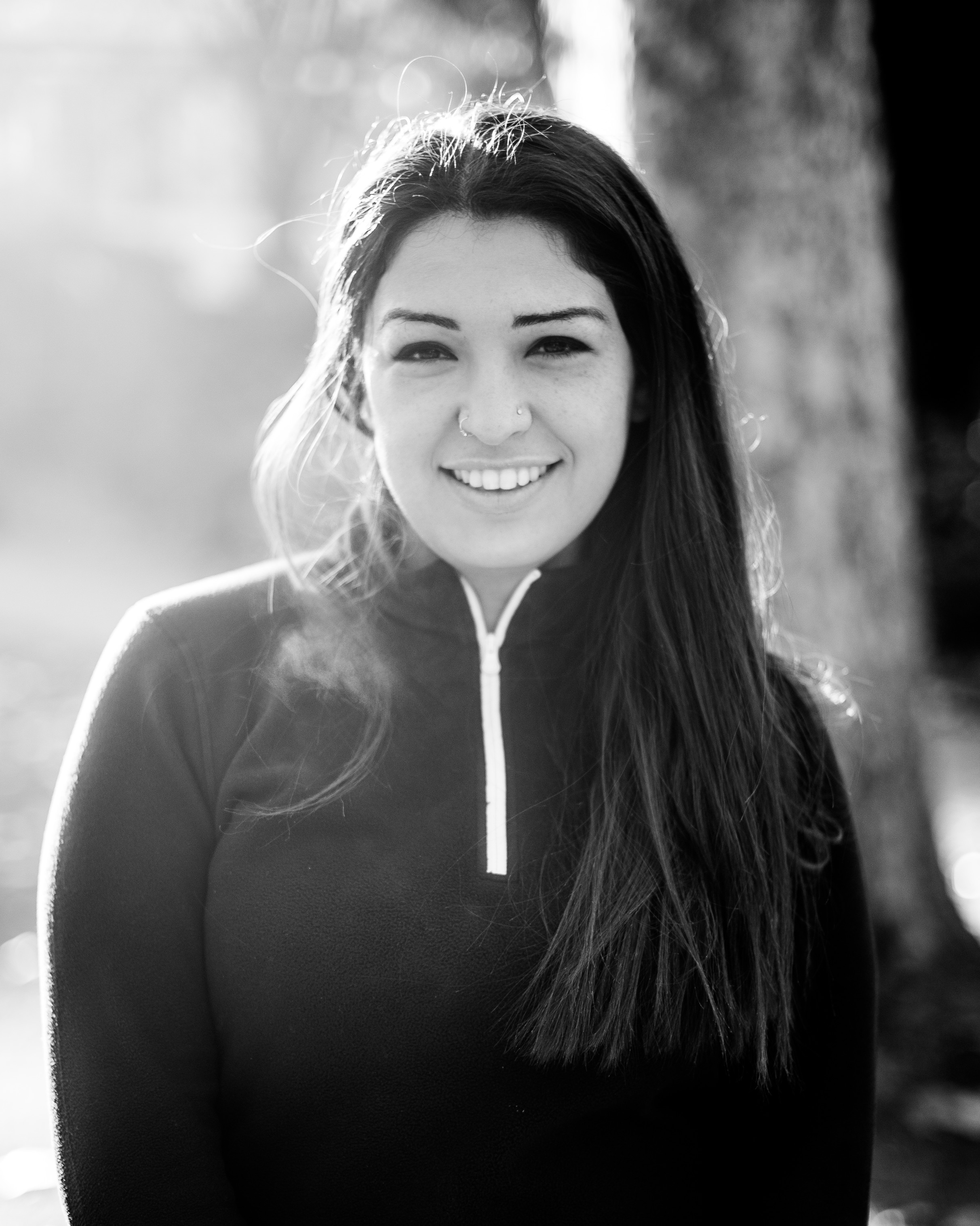
Cansu Karabiyik
- Alumni
- Denmark
- 2016 PhD Medical Science @ CIMR
- Pembroke College
I completed my BSc and MSc in Biomedicine at the University of Southern Denmark, where I developed a great fascination for neuroscience. Therefore, I chose to conduct my BSc thesis in a neurobiology lab working on a treatment for stroke. During my MSc degree, I had the good fortune to study at both UCSD and in Portugal. Following this, I decided to spend a year gaining additional research experience. I came to Cambridge in July, 2015 to work as a research assistant in Prof. David Rubinszteins lab. Here, I had the opportunity to combine cell biology with neurobiology and learned that understanding cell mechanisms creates options for treating severe diseases. Currently, there are no effective treatments for neurodegenerative disorders. During my PhD, I will focus on the cellular degradation mechanism, autophagy. Induction of this pathway has the ability to clear the toxic aggregates that are the hallmarks of neurodegeneration in disorders such as Parkinson’s disease. I hope that this will bring us closer to treating these devastating diseases that leave individuals impaired and dependent. I am excited to undertake my PhD in such a dynamic and innovative environment and to join the diverse and compassionate Gates community.
Previous Education
University of Southern Denmark
Matyas Karadi
- Alumni
- Hungary
- 2001 PhD Theoretical Physics
- Girton College

Matyas Karadi
- Alumni
- Hungary
- 2001 PhD Theoretical Physics
- Girton College
Kasun Kariyawasam Katukoliha Gamage
- Alumni
- Sri Lanka
- 2016 PhD Engineering
- Churchill College
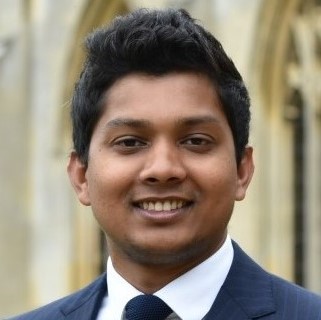
Kasun Kariyawasam Katukoliha Gamage
- Alumni
- Sri Lanka
- 2016 PhD Engineering
- Churchill College
I am fascinated by bridge structures since they form the linchpins of any rail or road infrastructure network. It always astonishes me to see that more than half of the bridge failures in the world are due to a single cause called 'scour'. My main goal at Cambridge was to tackle this cause. Under the supervision of Professor Campbell Middleton, I developed a new vibration-based approach for monitoring bridge scour. We validated the feasibility of this technique with an experimental programme involving advanced geotechnical physical modelling and a six-month field test at a bridge in Bradford UK. This Ph.D. project was nominated for Digital Initiative of the Year at the 2020 British Construction Industry Awards, Highways UK Intelligent Infrastructure Competition 2020, and The Engineer magazine Collaborate to innovate awards 2020.
After my PhD, I worked as Lecturer at University of Moratuwa in Sri Lanka for 2 years. During my time in Sri Lanka, I had the chance to form a collaboration between researchers from Universities of Cambridge, Oxford and Moratuwa and engineers from Access Engineering PLC to introduce fibre optic infrastructure monitoring technology to Sri Lanka.
I currently work as a Senior Engineer at WSP in the UK, a world leading management and consultancy services firm that advises on the built and natural environment.
During my time in Cambridge, I thoroughly enjoyed being part of the Gates-Cambridge community of passionate future global leaders who took up some of the most challenging research and other projects with the hope of benefiting the masses.
Previous Education
University of Moratuwa
Kelly Karns
- Alumni
- United States
- 2007 MPhil BioScience Enterprise
- Pembroke College
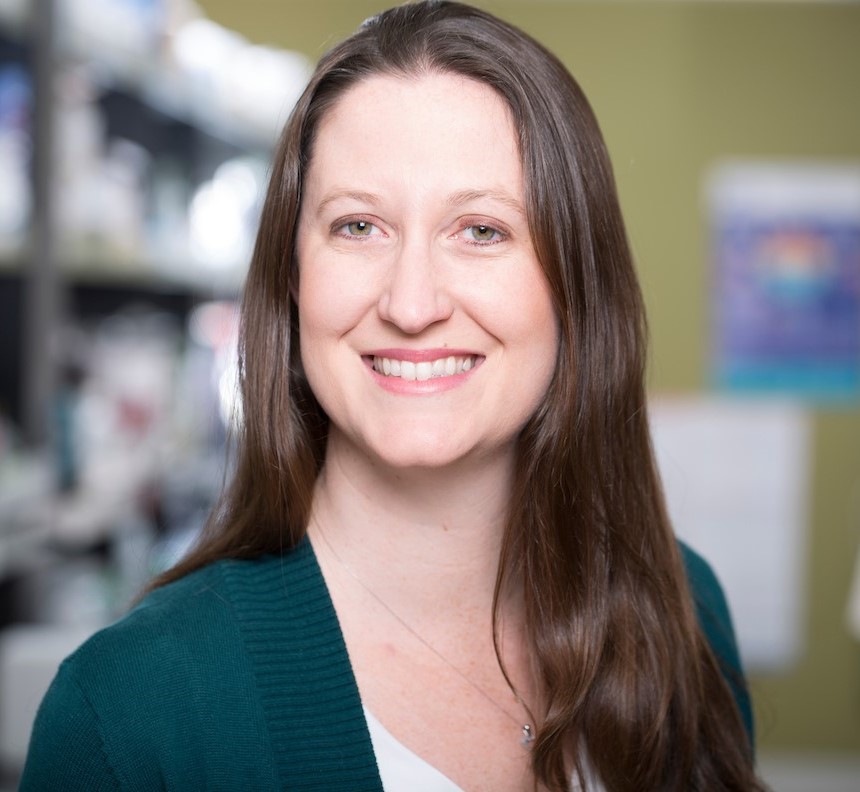
Kelly Karns
- Alumni
- United States
- 2007 MPhil BioScience Enterprise
- Pembroke College
Born and raised in Honolulu, Hawaii, I graduated with a B.S. in biomedical and mechanical engineering from Yale University in New Haven, Connecticut. At Yale, I was actively involved in biomedical research and have worked on projects ranging from tissue engineered blood vessels to improving catheter design. In order to achieve my career goal of being in a leadership position in a bioscience company, I intend to combine advanced technical instruction in biomedical engineering with preparation in the business and managerial skills necessary for such a position. Cambridge's MPhil in Bioscience Enterprise perfectly integrates this technical biomedical science with an invaluable business curriculum.
Daphne Karusoke
- Scholar
- Uganda
- 2025 PhD Engineering
- Darwin College
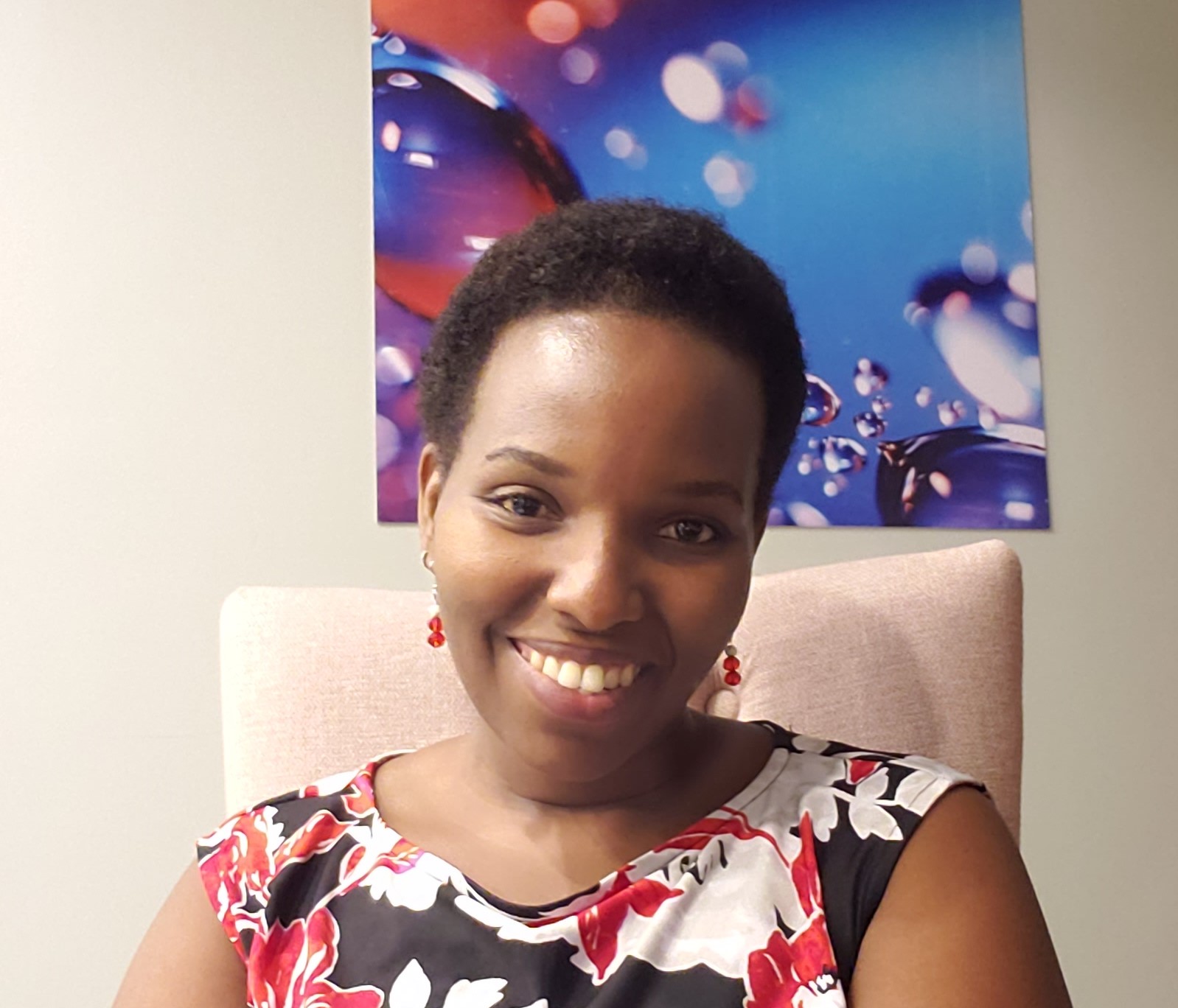
Daphne Karusoke
- Scholar
- Uganda
- 2025 PhD Engineering
- Darwin College
I was born and raised in Uganda, East Africa. I have a bachelor’s degree in medicine (MBChB) from Makerere university and a master's degree in anaesthesia and critical care. This positions me at the forefront of acute care in hospital emergency departments, operating theatres and the intensive care unit (ICU). Traumatic brain injury is a growing global health problem with a disproportionately higher burden in LMICs like Uganda, majorly affecting young males, resulting in death or disability and leaving the survivors and their families adversely affected. Our setting with limited access to surgery, intensive care, rehabilitative services and a significant health workforce deficiency, efforts to prevent brain trauma must be made. My PhD work is focussed on the economic cost and systems impact of traumatic brain injury in the East African region. This will inform policy, resource allocation and hopefully strengthen efforts to prevent or reduce severity of traumatic brain injuries. Outside my PhD work, I look forward to enjoying the rich history, architecture and cultural diversity in Cambridge and establishing new friendships while there.
Previous Education
Makerere University Medicine
Makerere University Anaesthesia
Drasko Kascelan
- Alumni
- Montenegro
- 2015 PhD Theoretical & Appl Linguistics
- Trinity College
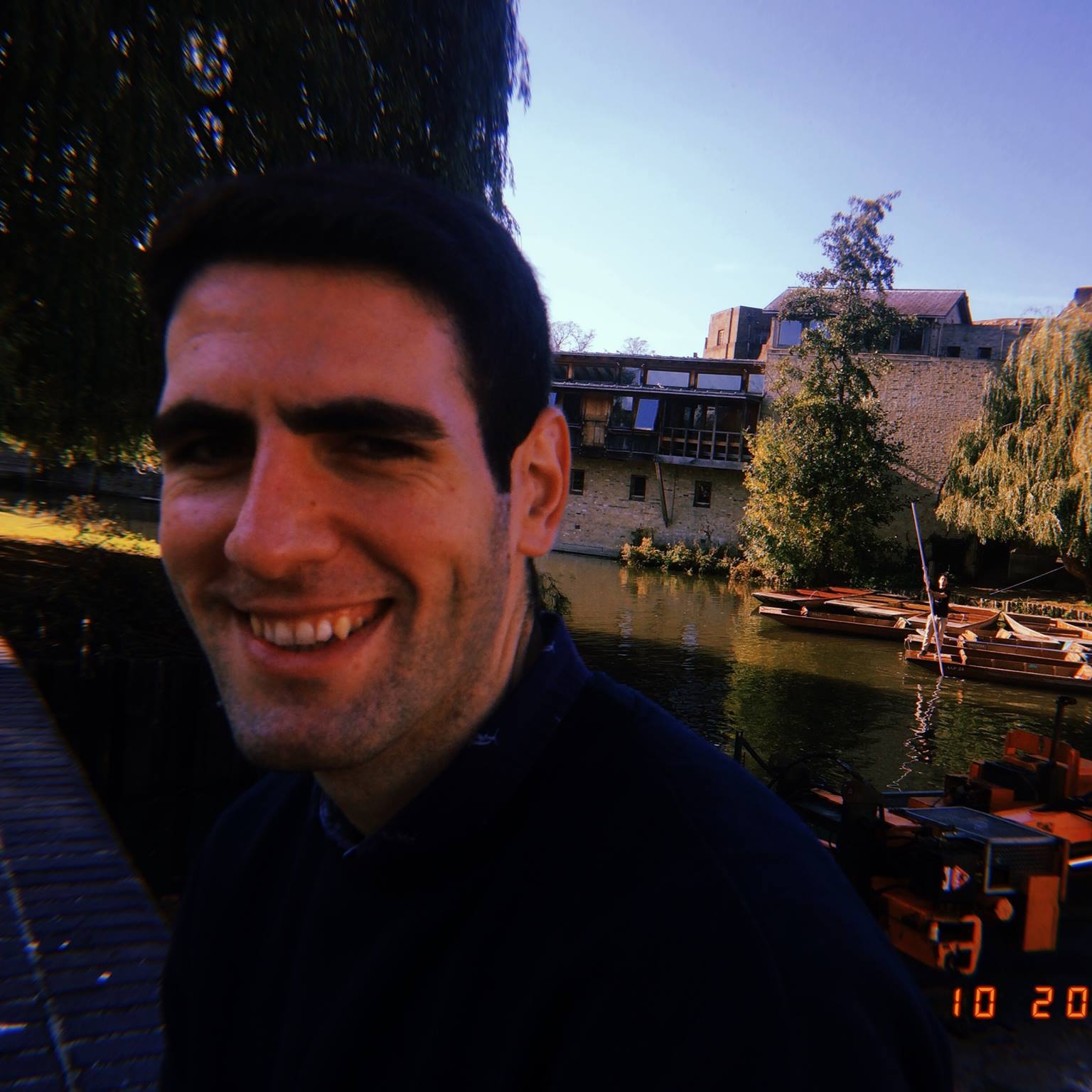
Drasko Kascelan
- Alumni
- Montenegro
- 2015 PhD Theoretical & Appl Linguistics
- Trinity College
During my PhD, I explored autistic-like traits in bilingual and monolingual children, as well as aspects of their cognitive and figurative language development. Following the PhD, I joined the University of Leeds as a Post-Doctoral Research Fellow. During the post doc, I worked on the Quantifying Bilingual Experience (Q-BEx) project, where I was exploring the documentation of bilingual experience in children with the aim to inform research, education, and speech and language therapy practices. Currently, I am a Lecturer in Language and Communication Sciences at the University of Essex.
Previous Education
Oxford University
University of Montenegro








